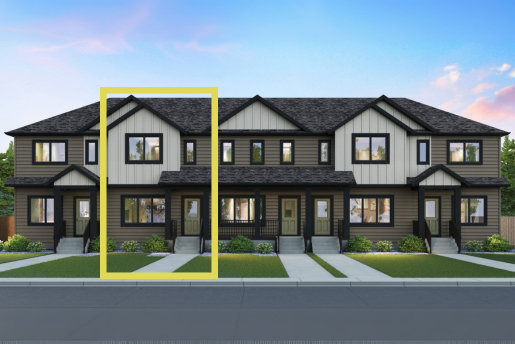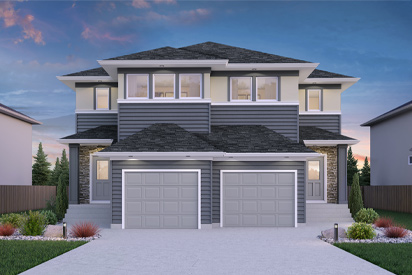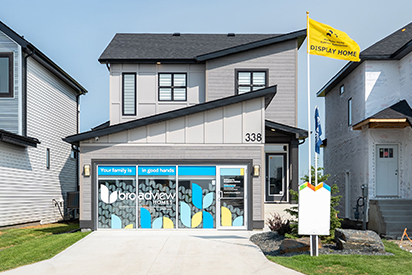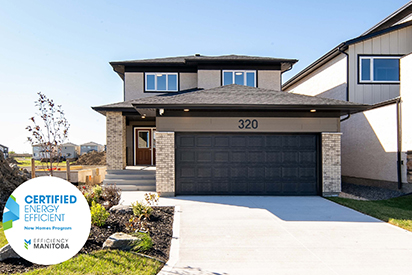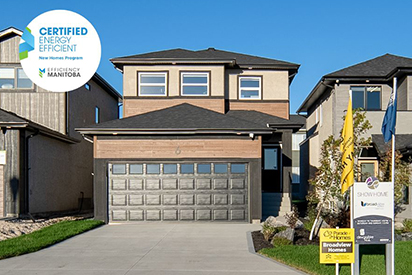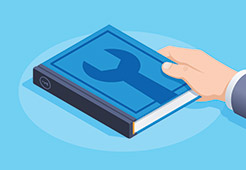6 Mortgage Mistakes You Need to Avoid

 There’s no doubt choosing a mortgage is one of the most important decisions you’ll make in your life. Most people know this, so they carefully consider all of their options. Surprisingly, mistakes are still common - and can end up costing you more as a result!
There’s no doubt choosing a mortgage is one of the most important decisions you’ll make in your life. Most people know this, so they carefully consider all of their options. Surprisingly, mistakes are still common - and can end up costing you more as a result!
Take a look at these few common mistakes, and you're sure to set yourself up for mortgage success.
- Taking Out the Biggest Mortgage Possible
- Choosing the Wrong Mortgage Type
- Going with Your Current Bank
- Succumbing to Pressure to Wait
- Borrowing Money for the Down Payment
- Changing Your Finances Before You Finalize the Mortgage
Taking Out the Biggest Mortgage Possible
When you apply for a mortgage, the bank determines the monthly payment they think you can afford.
For many families, the maximum amount the bank will allow doesn't always make for an affordable mortgage. You may be able to handle the payments each month, but the high cost can mean that you’ll have to stop going on vacations or pay more attention to your grocery budget. You’ll also have a harder time making these payments if the job market changes or you have to take time off.
Instead, make sure you choose a mortgage that’s affordable based on your own budget calculations, and not at the maximum end of that the bank says you can afford

Choosing the Wrong Mortgage Type
Most people are focused on the interest rate, but this isn’t the only thing that matters. You also have to consider the type of mortgage and whether it will work well for you over time. For instance, adjustable rate mortgages tend to have the lowest interest rates, but those rates are prone to increases.
A fixed-rate mortgage is great for a predictable payment but some lenders may have prepayment penalties. This means you can’t pay extra toward the mortgage without incurring fees. That might not sound like a big deal, but if you have to sell your home when your job transfers you to another city, you’ll pay more than you expected.
Going with Your Current Bank
You may have a great relationship with your bank. You may realize how easy it is to have a single company take care of all of your financial matters. Your bank may even come to you with special offers on mortgages because you’re already a customer.
However, when you’re applying for a mortgage, it’s important to compare all of your options. This means shopping around for a mortgage to look for the right lender and good rates with favourable terms. If your bank is still offering the best deal, that’s great. But don’t commit to your bank without seeing what else is out there first.
Succumbing to Pressure to Wait
“Mortgage rates are at an all-time high.”
“Home prices are too high.”
Don’t wait on buying your new home because the “expert advice” tells you that you should. Instead, make the move when your family is ready. Find a good builder who will help you realize your new home dreams at an affordable price. Not only will a reputable builder work hard to deliver a beautiful home, working with the builder's preferred lender can help you get a great mortgage rate in half the time than other lenders.
Borrowing Money for the Down Payment
When it comes to your down payment, so many people are tempted to borrow money to make it easier to purchase their home. However, the mortgage rules don’t allow you to borrow money from family members. Before they finalize the mortgage, the bank will look at the funds in your account. If there’s been a large deposit recently, you’ll have to explain where you got that money. For instance, your parents will have to certify that the money was a gift and not a loan.
The one exception is when you borrow money from your RRSP to use toward a down payment. This is allowed, but the repayment amounts will be included in the bank’s calculations of how much they’ll lend you. For instance, if you have to pay $300 a month back to your RRSP for the loan, the bank will reduce the amount of mortgage you can afford by $300.
Changing Your Finances Before You Finalize the Mortgage
Your mortgage pre-approval is based on your financial situation at the time you applied. This includes your credit score and your debt load. If you make major changes, this could upset the balance and cause your financing to fall through at the last minute. For instance, if you apply for a new credit card, your credit score can dip. This dip may put you into a score range with a higher interest rate. Taking on a new car loan with a $400/month payment will reduce your mortgage affordability by $400/month.
If you’re happy with the offer you’ve gotten on your pre-approval, don’t make changes to your finances.
You want a mortgage that’s affordable and right for your situation. By carefully learning more about your options and always remembering to read the fine print, you'll be able to get the mortgage you need.
Originally published Sept 13, 2018; updated Aug 23, 2019

